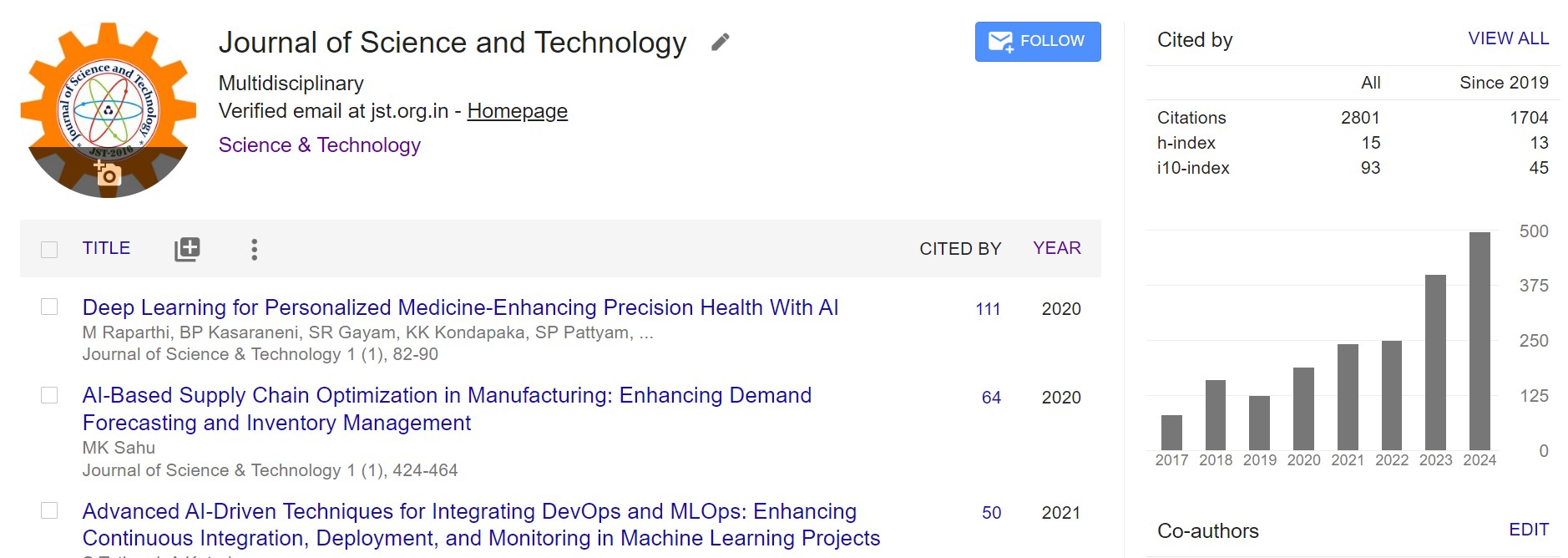Enhancing Cloud-Based Cardiac Monitoring and Emergency Alerting Using Convolutional Neural Networks Optimized with Adaptive Moment Estimation
Keywords:
Cloud-Based Healthcare, Cardiovascular Disease Monitoring,Abstract
Cardiovascular diseases (CVDs) remain a leading cause of mortality worldwide, necessitating real-time
monitoring and rapid emergency response to prevent fatal outcomes. Existing cloud-based cardiac monitoring
systems face challenges in real-time ECG signal processing, high computational complexity, and inefficient
anomaly detection, leading to delays in emergency response. Many frameworks lack optimized deep learning
models, resulting in reduced classification accuracy and increased false positives/negatives. Additionally, latency
issues in cloud-fog-edge interoperability hinder seamless healthcare data flow and real-time decision-making.
Addressing these challenges is crucial for enhancing scalability, accuracy, and timely emergency alerting in
cardiac healthcare systems. This research presents a Cloud-Based Cardiac Monitoring and Emergency Alerting
System that leverages Convolutional Neural Networks (CNNs) optimized with Adaptive Moment Estimation
(Adam) for accurate and efficient ECG classification. The system collects ECG data from wearable IoT sensors
and hospital databases, preprocesses signals for noise reduction and normalization, and utilizes a CNN model to
classify cardiac conditions such as arrhythmias and atrial fibrillation. Adam optimization ensures faster
convergence and improved classification accuracy, while cloud-based storage (AWS S3, Google Cloud Storage)
enables scalability and remote accessibility. Upon detecting critical cardiac events, the system triggers real-time
emergency alerts via cloud-based notification services (AWS SNS, Firebase Cloud Messaging, Twilio API) to
healthcare providers, caregivers, and emergency responders. Experimental evaluation demonstrates high
classification accuracy (96%), precision (94%), recall (95%), and an AUC-ROC score of 97%, ensuring reliable
anomaly detection. Additionally, scalability analysis highlights the system's ability to handle increasing user loads
with optimized cloud resource allocation. By integrating AI-driven ECG classification with cloud computing and
real-time alerting, this research presents a secure, scalable, and intelligent healthcare solution that enhances remote
patient monitoring, early detection of cardiac conditions, and rapid emergency intervention, significantly
improving healthcare outcomes.






















